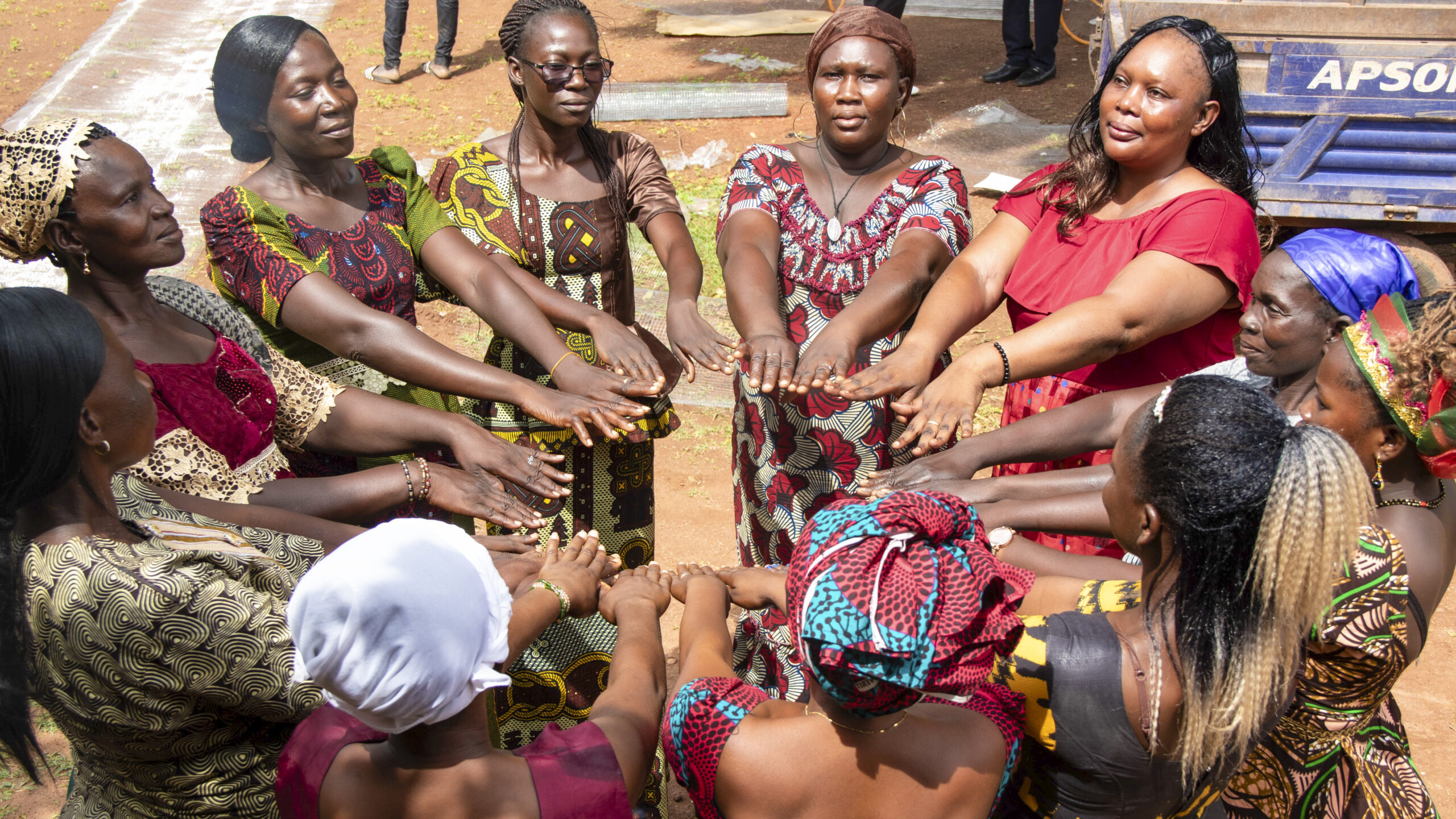Burkina Faso
Programme vision
A stable and peaceful Burkina Faso, built on citizen participation, community resilience and reliable state institutions.


Contexte
For the past decade, Burkina Faso has been facing a multidimensional crisis that combines armed conflict involving terrorist groups, political instability, community tensions and the radicalisation of young people, exacerbated by a lack of employment opportunities. Conflict is fuelled by structural factors, including competition over land and natural resources, community conflicts fanned by stigmatisation, and the breakdown of trust between the authorities and the population.
National and international institutions are investing heavily in the security response, paying limited attention to the root causes and long-term processes that enable and exacerbate such violence. Recognising that long-term and durable solutions for peace require local ownership, the absence of such analysis constitutes a significant gap.
Interpeace works with state actors and civil society to strengthen and integrate peacebuilding approaches into security governance in Burkina Faso. A youth work component designed to cultivate trust among young people aims to foster youth debate on conflict challenges to promote a culture of dialogue. At the same time, Interpeace is developing a project focused on understanding how conflict and insecurity affect the mental health, psychosocial support, social cohesion, livelihood and fundamental needs of individuals affected by security and humanitarian crises.
Renforcer le rôle des femmes et des jeunes dans la gouvernance de la sécurité au Burkina Faso

Through an innovative approach to involving customary and religious leaders in the dissemination of peace messages, Interpeace organised caravans in 12 communes in Burkina Faso to sensitise populations on their involvement in security governance, with a particular focus on promoting the integration of women and youth in security management.
The deterioration of the security situation requires the involvement of the entire community, particularly women, who represent 51.7% of the population, and young people under the age of 15, who represent 45.3% of the population. This segment of the population suffers the worst forms of violence due to the security crisis – women become survivors of gender-based violence, and young people, because of the lack of employment opportunities and because of their frustrations, tend to be recruited by organised armed groups.
Recent Interpeace research has shown the low involvement of women and youth in local security governance. Yet, the participation of youth and women in Burkina Faso is a key factor in improving governance – particularly security governance – in the country. The participation of youth and women is essential in strengthening local and national resilience and social cohesion.
Interpeace’s caravans included educational talks by trained youth in forums discussing the integration of women and youth in peacebuilding; radio programmes promoting social cohesion, conflict prevention and management; and debates on the Interpeace analysis report on the security sector in the country.
These caravans are part of Interpeace’s initiative to improve conflict prevention and security governance in the Boucle du Mouhoun, Centre-North, East and Sahel regions.